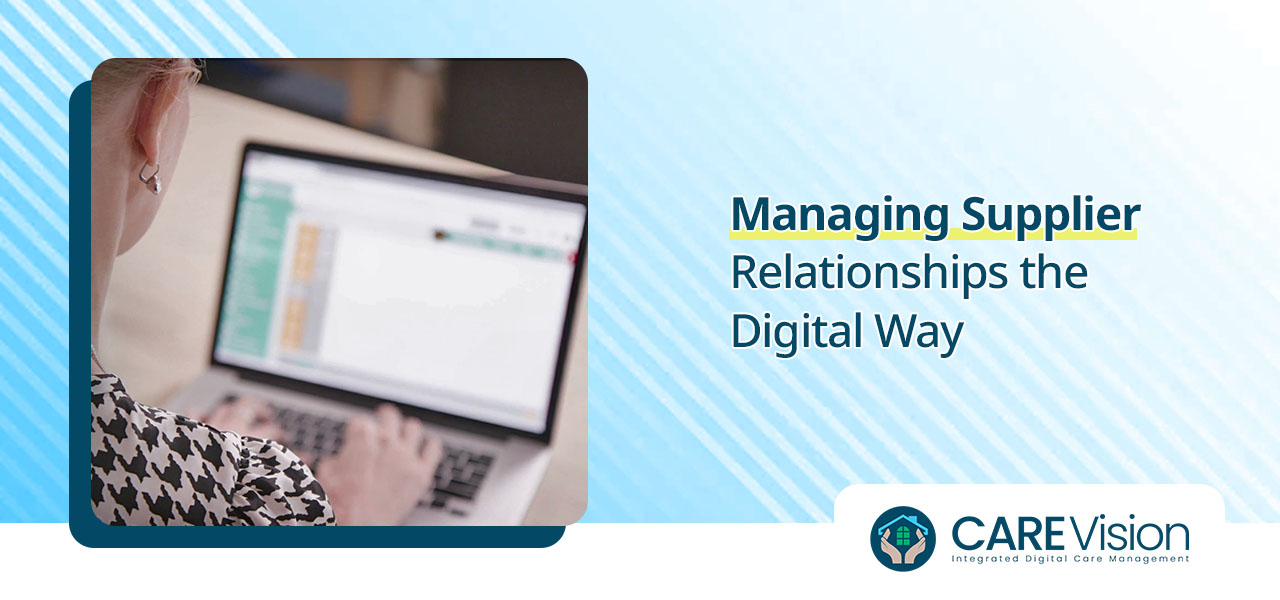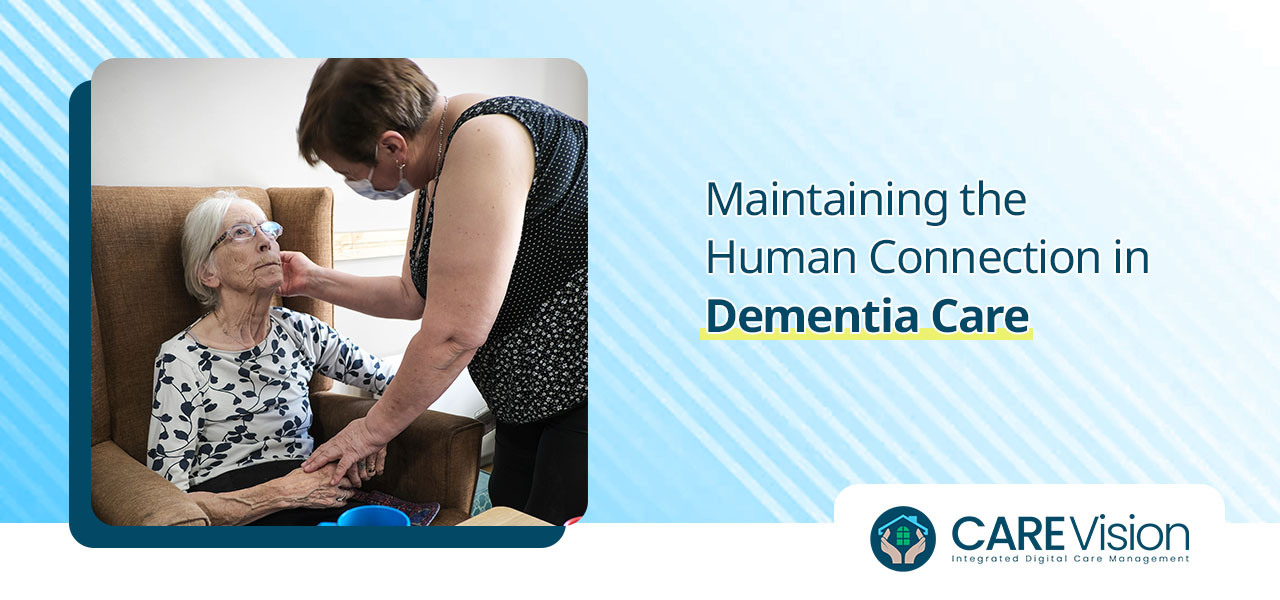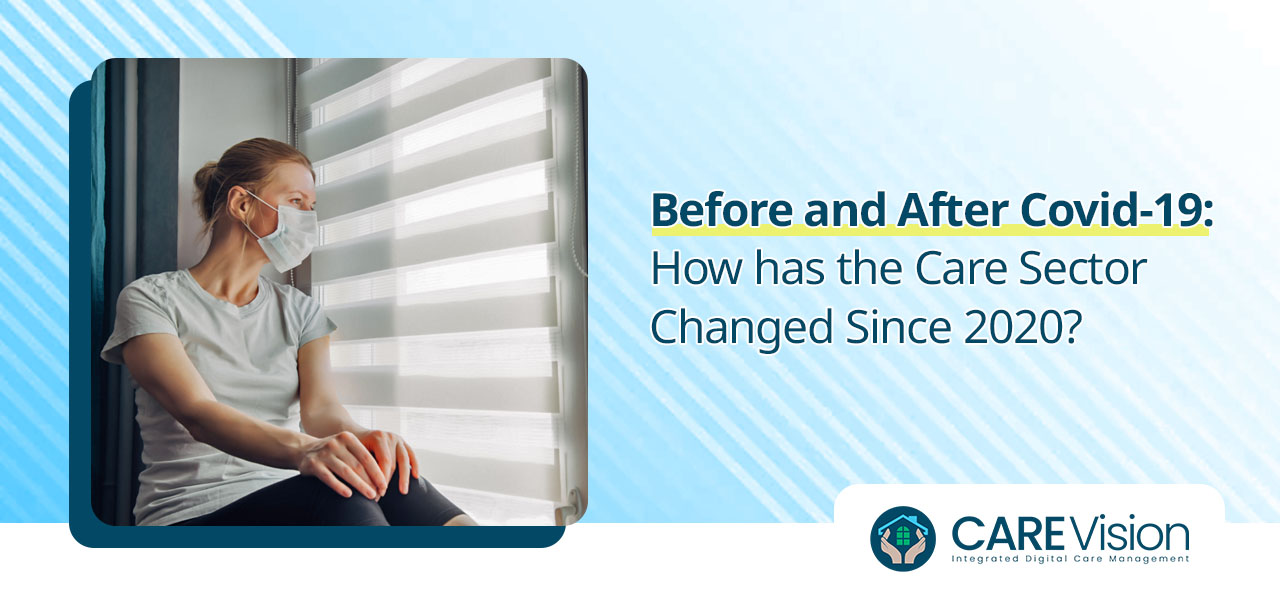People living with autism and other nerodivergent conditions can vary hugely in the level and type of support they need. While many are able to thrive independently, living alone or with others in the community, others require the additional support of residential care.
Autism and other spectrum disorders can present very differently in different people. According to the National Autistic Society, around half of people living with autism will also have a learning disability of some kind. Others may have added challenges to deal with around anxiety or depression, attention disorders or demand avoidance. So, individual needs can vary a lot from person to person, making the need for person-led care in residential settings very important.
However, there are a number of ways in which a residential care setting can help make life easier for autistic and neurodiverse residents. Broadly, this support can fall under three key areas.
Communications and social situations
Communicating with people in various settings, both formally and informally, can be especially challenging for people with autism. There can be issues around misinterpreting what is being said. Other issues can arise around people having trouble correctly reading body language, facial expressions, gestures and other social cues. This can lead to misunderstandings, anxiety and the person withdrawing from communicating altogether if they start to feel overwhelmed. This is not only the case for social communications. It can also create problems if someone who has autism is unable to process medical instructions or updates, for example.
There are several ways in which technology like Care Vision can help people cope better with communications. The resident record section allows residents, carers and family members to note down any issues around communication so that staff can be aware and make changes as appropriate. These notes can be complemented with information about which communications methods work best, and how to handle the dissemination of any particularly important messages around medical care or personal safety, for example. The Care Vision system can also help managers with planning staff training and refresher sessions to help them communicate effectively with all of their residents.
Sensory processing
Many people with autism experience either heightened or supressed sensations around the five senses. So they may find it harder when faced with certain tastes, smells, sounds, sights or textures. This can affect mealtimes, personal grooming, clothing choices, entertainment options and much more. These differences can present in lots of different ways too, such as a seeming ‘overreaction’ to loud music or a strong smell. Conversely, people may actively seek sensory stimulation through pressure from tightly wrapped bedding or a strong-tasting snack.
Once again, the planning elements of Care Vision can really help carers anticipate how to meet these specific needs for residents with autism and other neurodiverse conditions. Planning meals that meet residents’ nutritional requirements without triggering unwanted sensory responses is made easier with bespoke meal planning software. Choosing, ordering and caring for bedding with the right texture to meet sensory needs can be done through the system’s procurement and housekeeping tools. Also, carers can use the system’s monitoring tools around emotions and behaviour to track signs that a sensory overload is about to be triggered. This is vital info ration that can help prevent or slow down a meltdown or emotional overload.
Self-regulating behaviours
Finally, many people with autism can find it easier to cope with an overwhelming world by falling back on what can be seen as repetitive or restrictive behaviours. These can include actions such as fiddling with hands, hair or everyday objects such as pens, keys or specially designed ‘fidget’ spinners or toys. This type of behaviour can be known as stimming and can provide a great deal of comfort in stressful situations. Care homes can assist with this area in many ways, from working to reduce stressful situations as much as possible to providing resources to support helpful levels of stimming. Again, providing training can help carers, staff and visitors understand more about how self-regulating behaviours help autistic residents cope. Care Vision’ can also be useful when planning events and entertainment that can be tailored and specifically arranged to avoid triggering stress responses that lead to or exacerbate this type of self-regulating behaviour.






